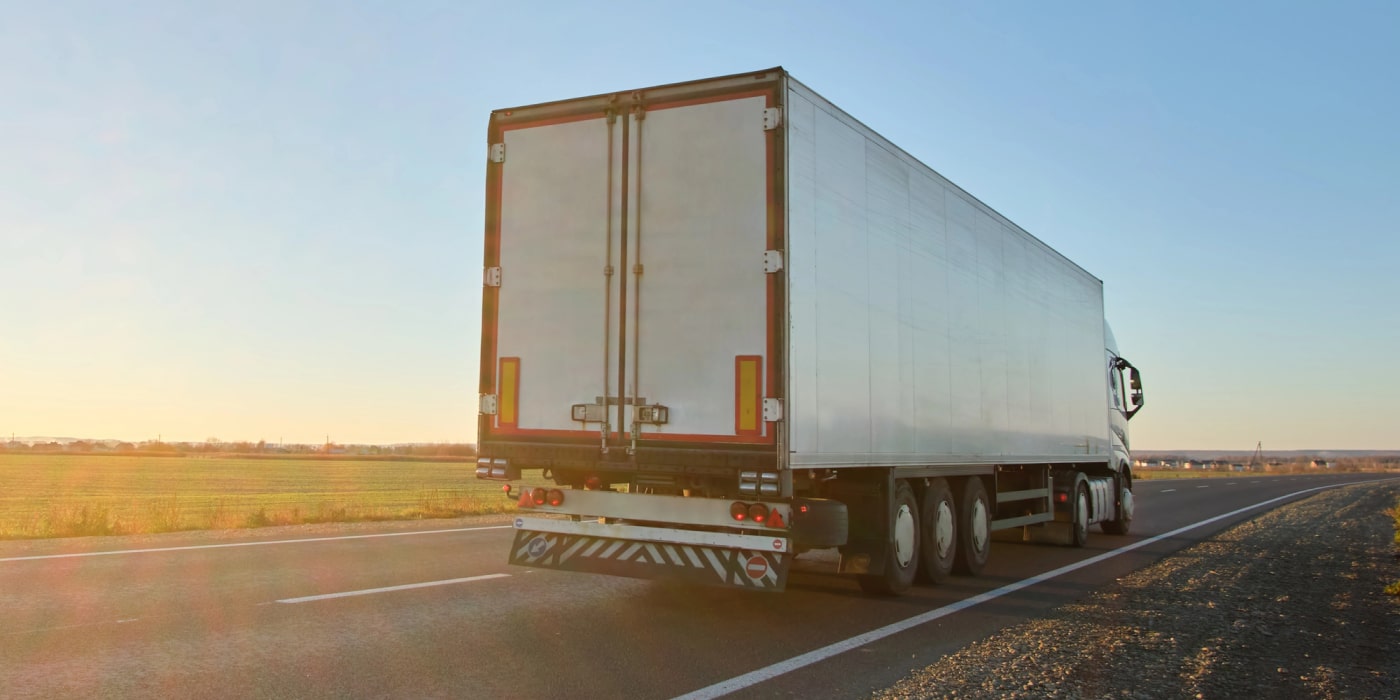How Dispatchers Navigate Real-Time Challenges
Dispatchers play a critical role in ensuring that deliveries reach their destinations on time and intact. However, they often face challenges that require quick thinking, problem-solving skills, and flexibility. Dispatchers must constantly adapt to unexpected situations that arise during the delivery process.
Traffic jams and sudden road closures can cause major delays. When a delivery vehicle breaks down, dispatchers need to quickly coordinate backup plans, whether it’s sending another driver, arranging repairs, or reallocating deliveries. Customers may cancel, change delivery locations, or request urgent deliveries at the last minute. Dispatchers need to adapt, integrate changes into existing routes, and communicate updates instantly without disrupting the entire delivery schedule.
Here’s a look at how dispatchers can navigate these real-time challenges to keep delivery operations running smoothly.
Flexible Scheduling
The ability to constantly reassess and adjust delivery schedules can keep delivery operations running smoothly, even when the unexpected happens. Dispatchers that use real-time tracking and advanced route optimization tools can build flexible delivery routes, capable of quickly adjusting to real-time challenges. Real-time tracking allows dispatchers to monitor driver locations in real time. If a driver runs into trouble, the dispatcher can reassign their task to a nearby driver who has finished early.
Route optimization software allows dispatchers to prioritize deliveries based on different factors including urgency, distance, and customer requirements. Seventy-five percent of consumers said their biggest frustration with last-mile delivery experiences is late, missed, or packages left in unsafe locations, according to a survey by UPS Capital. Dynamic routing capabilities enable dispatchers to swiftly react to unforeseen circumstances, minimizing delays and missed deliveries. If an unexpected order comes in or a delivery is canceled, dispatchers can easily re-optimize routes to accommodate changes without disrupting the entire delivery schedule.

Proactive Planning
While some events are unpredictable, many challenges can be anticipated and prevented. Breakdowns are often avoidable. Dispatchers can work with fleet managers to ensure regular vehicle maintenance checks and inspections are completed. Preemptive attention to tires, brakes, and fuel levels significantly reduces on-road emergencies. By continuously monitoring their fleet, companies can identify potential slowdowns before they become major delays.
Data from past deliveries can help dispatchers anticipate common bottlenecks and prepare contingency plans. By analyzing historical delivery data, dispatchers can identify peak hours, trouble-prone routes, and frequent customer issues. This allows them to plan routes and shift resources strategically based on informed insights rather than guesswork. Dispatchers who take time to plan, analyze, and coordinate in advance reduce the likelihood of delivery disruptions and create smoother, more reliable delivery experiences.
Effective Communication
Clear and timely communication is crucial. When delays or route changes occur, dispatchers must quickly inform drivers and customers. Dispatchers use multiple channels, including mobile apps, phone calls, or messaging platforms. This ensures drivers get immediate updates and can report problems back to dispatchers for quick problem-solving. Customers today expect transparency. If a delivery is running late, dispatchers can send notifications to keep customers updated with the most accurate information. Keeping all parties informed, especially when delays occur, helps manage stress, reduce frustration, and keeps everyone aligned.
By continually embracing new tools, delivery dispatchers will remain able to navigate real-time challenges and keep deliveries moving efficiently. Their ability to leverage technology, communicate clearly, and solve problems on the fly ensures packages arrive when and where they’re supposed to.
For more information about how our delivery management solution can help you manage your deliveries more efficiently, please contact info@www.bringoz.com.
